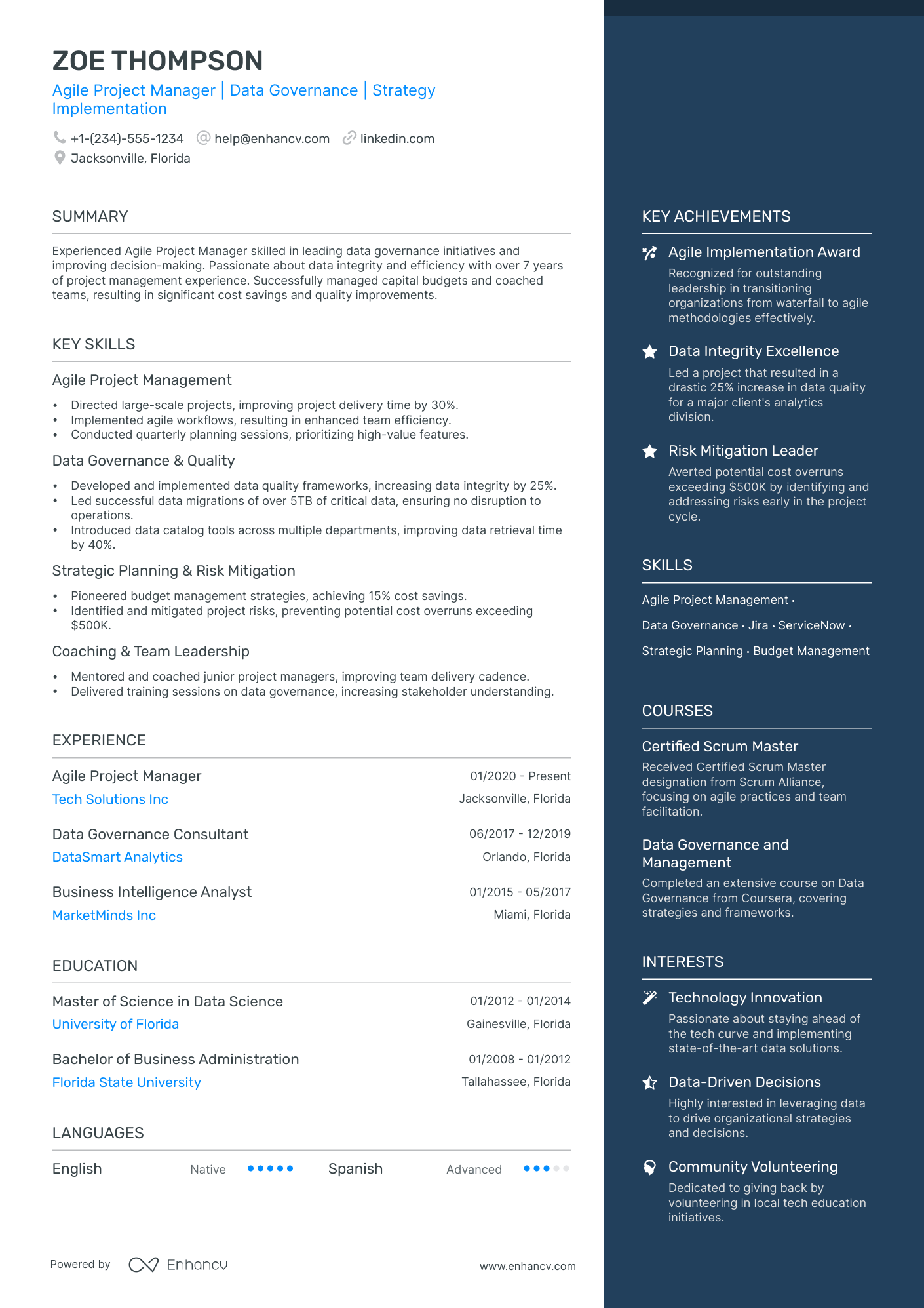When embarking on the exciting journey of job hunting, your CV is often your first impression. It’s more than just a document; it’s your personal marketing brochure, highlighting your professional journey and what you bring to the table. While work experience and educational background are undoubtedly important, the way you present your skills and abilities can truly set you apart from other candidates and capture a recruiter’s attention.
Crafting a CV that effectively showcases your unique talents is crucial. It’s not just about listing everything you’ve ever learned, but strategically presenting the competencies that align with the roles you aspire to fill. This article will guide you through identifying, categorizing, and beautifully integrating your key skills and abilities into your CV, ensuring your application shines.
Unearthing Your Most Valuable Skills and Abilities
Before you even think about putting pen to paper, or fingers to keyboard, it’s essential to take stock of your own capabilities. Many people underestimate their own talents or fail to articulate them in a way that resonates with potential employers. Begin by reflecting on your past roles, projects, and even personal experiences. What did you do well? What challenges did you overcome? What tools did you use?
Understanding the difference between various types of skills can also be incredibly helpful. Generally, skills are categorized into “hard skills” and “soft skills.” Hard skills are technical, measurable, and often learned through formal education or training, like proficiency in specific software, data analysis, or a foreign language. Soft skills, on the other hand, are more about your personal attributes and how you interact with others, such as communication, teamwork, problem-solving, and adaptability. Both are invaluable for any professional.
While hard skills often get your foot in the door, soft skills are frequently the deciding factor in who gets hired and who succeeds in a role. An employer isn’t just looking for someone who can perform tasks; they’re seeking a well-rounded individual who can collaborate, innovate, and contribute positively to the team culture. Therefore, it’s vital to identify a blend of both types of skills that are relevant to the jobs you are targeting.

To effectively identify your skills, think about specific achievements rather than just duties. For example, instead of saying “managed projects,” say “managed 10+ projects simultaneously, consistently delivering 15% under budget.” This quantifiable approach helps illustrate the impact of your skills. Consider the keywords used in job descriptions for your desired roles; these often provide strong clues as to what employers are actively seeking.
Categorizing Your Core Competencies
When building out your profile for a cv template skills and abilities, it helps to group them logically. This makes it easier for recruiters to quickly scan and understand your capabilities.
- Hard Skills:
- Software Proficiency (e.g., Adobe Creative Suite, CRM systems, Microsoft Excel, Python)
- Data Analysis and Interpretation
- Project Management Methodologies (e.g., Agile, Scrum)
- Foreign Language Fluency
- Digital Marketing (e.g., SEO, SEM, Content Creation)
- Soft Skills:
- Communication (Verbal, Written, Presentation)
- Leadership and Team Management
- Problem-Solving and Critical Thinking
- Adaptability and Flexibility
- Time Management and Organization
- Client Relations and Customer Service
Weaving Skills and Abilities into Your CV Template
Once you’ve identified your impressive array of skills and abilities, the next step is to strategically integrate them into your CV. It’s not enough to simply create a long list; you need to demonstrate how you’ve applied these skills and the positive outcomes they’ve led to. Think about your CV as a narrative where your skills are the powerful tools you used to achieve success.
A dedicated “Skills” section is certainly a common and effective place to list your competencies. Here, you can use bullet points or even a brief proficiency scale to quickly convey your level of expertise in various areas. Grouping similar skills, such as “Technical Skills,” “Language Skills,” and “Interpersonal Skills,” can enhance readability and make it easier for a hiring manager to find what they’re looking for. Remember to tailor this section to each specific job application, prioritizing the skills most relevant to the role.
However, your skills shouldn’t be confined to just one section. The most impactful CVs integrate skills throughout the entire document. In your “Professional Summary” or “Objective” at the beginning, weave in your top 2-3 most relevant skills to immediately grab attention. For instance, “Highly organized and results-driven professional with expertise in project management and cross-functional team leadership.”
The “Work Experience” section is perhaps the most crucial place to showcase your abilities in action. Instead of just listing responsibilities, use powerful action verbs to describe achievements that clearly demonstrate your skills. For example, instead of “Responsible for customer complaints,” write “Resolved complex customer issues, improving satisfaction ratings by 20% through empathetic communication and critical problem-solving.” This shows the skill (communication, problem-solving) and its positive result.
Don’t forget to highlight skills in your “Education” and “Certifications” sections. If you completed a significant project during your studies that required specific skills like data analysis or research, mention it. Similarly, industry certifications are a direct testament to specialized hard skills. Even volunteer work or personal projects can be excellent avenues to demonstrate initiative, leadership, or technical prowess.
Ultimately, your CV should paint a clear and compelling picture of who you are as a professional. By thoughtfully identifying, categorizing, and strategically placing your talents throughout your document, you’ll create a powerful tool that effectively communicates your value to potential employers. Every element of your application, from your work history to your education, should implicitly or explicitly reinforce the skills that make you an ideal candidate.
A well-crafted CV, rich with clearly articulated skills and abilities, significantly boosts your chances of securing an interview. It transforms your professional journey into a compelling story of capability and potential. Regularly updating and tailoring your CV, ensuring it reflects your current strengths and aligns with the demands of the job market, will consistently place you ahead in your career pursuits.
